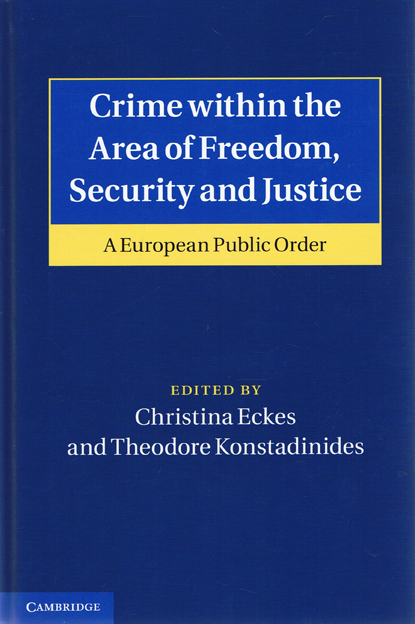
The 'Europeanisation' of the fight against crime is a broad and much-contested notion. This in-depth analysis of the role of the EU in fighting crime within the area of freedom, security and justice explores the impact of EU policies in the Member States, the progressive convergence of Member States' criminal law systems, the emergence of mutual recognition as an alternative to harmonization, and the incremental development of the ECJ's jurisdiction.
The essays also explore the limitations inherent in EU counter-crime policies and the changes brought about by the introduction of the Treaty of Lisbon. These changes are discussed both collectively and within individual substantive areas in which the EU has taken an active role in fighting crime, such as corruption, money laundering, terrorism, organised crime and extradition.